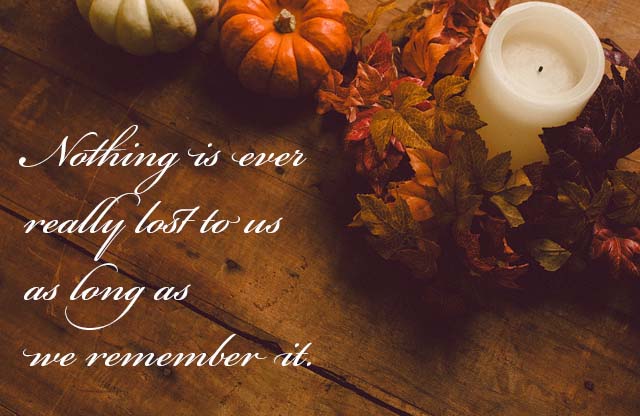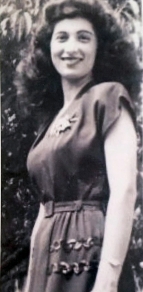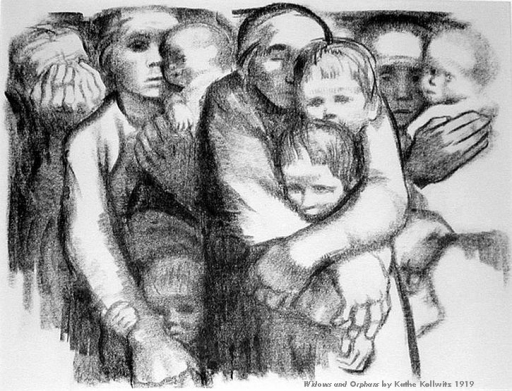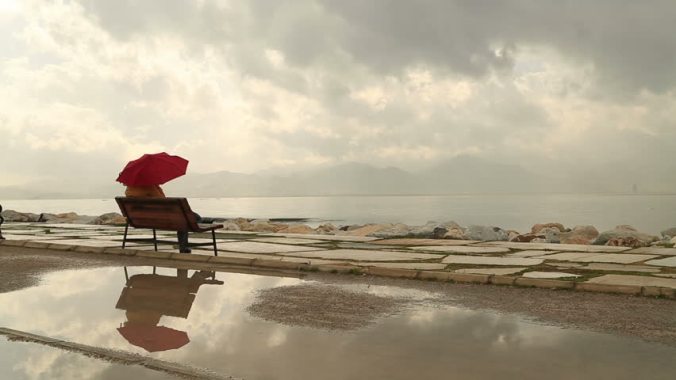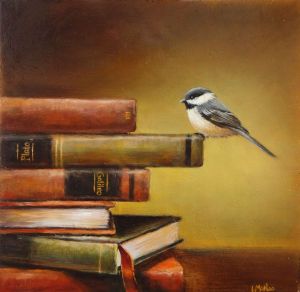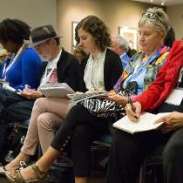
Paul would have turned 70 today.
I’d like to think we would have thrown him a party with family and friends, showering him with gifts and messages of love.
Instead, I write through the reality that he isn’t numbering his years anymore. He is on the other side, in the presence of God, where time isn’t marked and his often-troubled spirit is finally free. No more pain, sorrow or tears.
——-
Last year on his birthday, he was about six months into his battle against the cancer that, after more than two years of hibernation, had awakened famished and hell-bent on taking over more of his body. Uncontrolled pain in his side was a constant companion, interrupting his sleep night after night. The chemotherapy was taking its toll, zapping his strength and, sometimes, his will to fight.
My journal entry for that day reads: “Paul’s 69th birthday. I am praying for five more years. I figure I can ask for an extension after the first five. He is praying for 11 years. May God meet us in the middle.”
Our celebrations began the night before his birthday. We’d shared a meal with his son’s family and, though his physical energy was spent after they left, he noted how happy it made him to have them with us.
He awoke that morning to find messages written by our daughters on post-it notes left in the places they knew he would go. On the bathroom mirror: “Happy Birthday, Dad.” On the coffee pot: “Thanks for making coffee every morning.” On his Kindle: “Thanks for teaching us to read.” On the chair that he sat in most of the day: “Thanks for always being there for us.” In all, ten messages of gratitude that visibly moved him, but I was the one who cried.
I cried writing in his birthday card. I cried when he read the girls’ birthday card out loud.
I cried as I wrote a Facebook post for him: “Happy Birthday to the love of my life, the man who makes me laugh, gives me hope, cares for my soul, enriches my faith, reminds me I’m loved, listens to my heart, and offers the grace of Christ when I need it most …”
“I cry just thinking about losing him,” I wrote in my journal.
I wanted to be confident that God would answer our prayers for more years, but doubts would seep through the cracks in my faith. After all, God didn’t answer our urgent request for healing for our dear friend, Steve. And, I certainly wasn’t alone in facing the loss of my husband; every day, it seemed, I became aware of others who were walking the very same path that we were.
“Who am I to think I should be spared this grief,” I wrote that day. “God has blessed us beyond belief all these years together. It almost feels greedy to want more.”
But I did want more, and so did he.
———
In April last year, he wrote: “Death is part of the life cycle. We become so entrenched in this temporal life that we forget about the life to come. I think it’s because we don’t see ourselves as spiritual beings in a physical body. Though our bodies fail, the spirit within us goes on. We are not annihilated. We will continue “living” either in the direct presence of God or without him. Death, therefore, is a door to our second chapter of life. I do not fear that door because I know – am convinced – Jesus is waiting for me on the other side of that door.”
He knew where and to whom he was going, but he didn’t want to make that transition anytime soon. He clung to the feeling that God still had “work” for him to do in Jesus’ name. He was resolute that this latest rematch with cancer would end in healing, a testimony to the greatness and power of God.
Still, on those days when he struggled to catch his breath and the weakness and fatigue prohibited him from getting around, his written prayers turned to desperate pleas for God to save him.
Just before his birthday last year, he wrote: “What good can come from having cancer? What good can come from the troubles in life we all have?
He looked for answers in what had become an important passage of scripture for him: Mark 4:35-41. The story goes that while Jesus and his disciples are in a boat crossing over the lake, a furious storm stirs up violent waves that crash over and into the boat, threatening the disciples’ lives.
Believe it or not, Jesus remains sleeping in the stern. The disciples wake him and ask why he isn’t concerned that they might drown. After calming the storm, he says to them, “Why are you afraid? Where is your faith?”
Paul wrote, “I have faced many storms in my 69 years, but nothing compares with the storm of cancer. My faith says, ‘Go to Jesus in the storm.’ I am not sure how to measure faith, but I know my faith is stronger than it has ever been. I am more confident in God’s love for me and his desire for my best. I am convinced that every storm I’ve been through has had the purpose of drawing me closer to God, becoming more dependent on him.”
I don’t know how one measures faith either, but I had the privilege of watching it grow in him during our life together. As he continued to seek God through the scriptures and prayer, I watched him surrender more and more of his life to God. There was a visible difference in the way he related to the people and events in his life, a confidence that only God could have formed. Despite the back and forth from belief to doubt and back again, I could see his heart and mind were guarded by “the peace of God that passes all understanding.” (Philippians 4:7).
_________
Last year on his birthday we spent the morning as we loved to do – sitting together in our pajamas on the back porch, coffee cups in hand, talking about whatever came to mind as we read scripture and journaled.
We gave him gifts – new pants to accommodate his ever-shrinking body, books to bolster his faith, notebooks and pens to record his days. He’d been awake since two that morning, so our plans to celebrate that night never happened.
Today, though he is not here next to me as I write this, I can hear his strong voice through his written words. He doesn’t feel so far away. Ironically, on the day that I would be bringing him gifts, he has given me this gift of remembering.
———
It has been a little more than five months since he passed through the thin veil that separates heaven and earth. It hasn’t been easy, and in some ways, the storm of grief rages even stronger the longer he is gone.
All I know to do is to follow in his footsteps and “go to Jesus in the storm.” With just three words – “Quiet! Be still.” – Jesus not only calmed the storm; he got the disciples to dry ground on the other side. I trust that, in time, he will do the same for me.
May the same peace that gave Paul the courage to press on, fill me and all those who loved him. And may we have the faith to believe that we will see him again in second chapter of our lives.
 I moved my blog to a new home here. Same great content, just a new look (thanks to Tiffany Kuehl) and address.
I moved my blog to a new home here. Same great content, just a new look (thanks to Tiffany Kuehl) and address.
